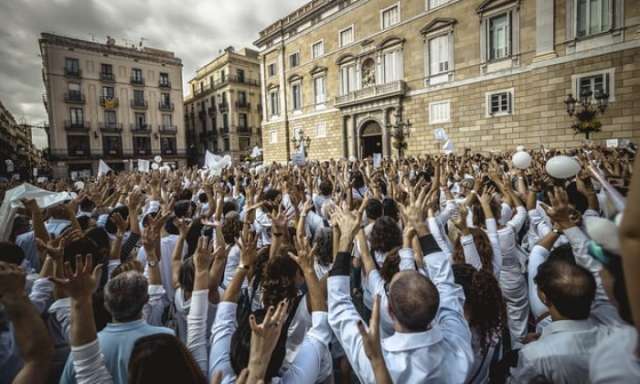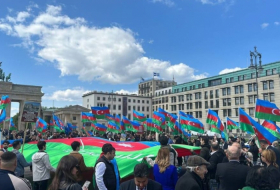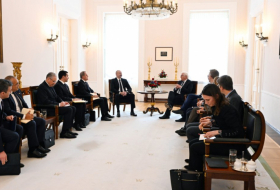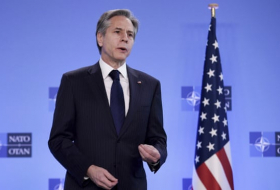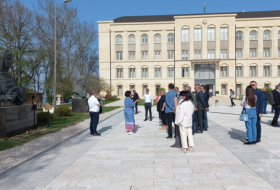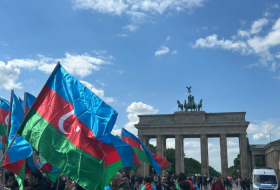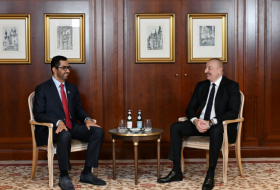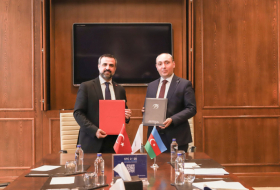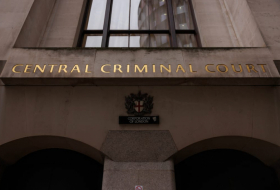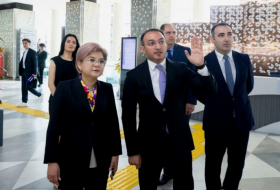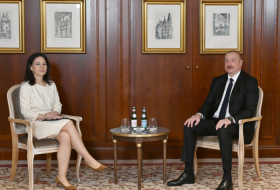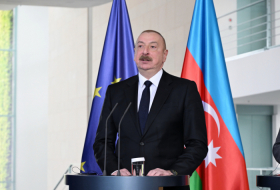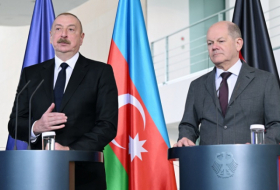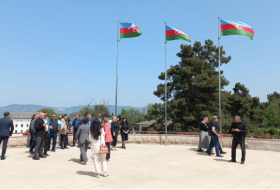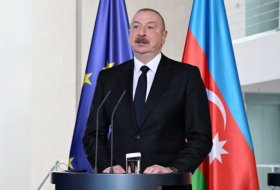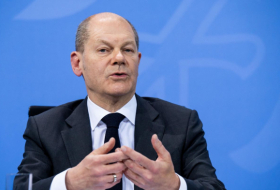The march has been organised by Societat Civil Catalana (SCC), the main channel for anti-independence sentiment in what has suddenly become one of the most troubled regions in Europe. The march will call for a new phase of dialogue with the rest of Spain and will be attended by such luminaries as the Nobel-winning Peruvian novelist Mario Vargas Llosa and Josep Borrell, former president of the European parliament.
There is acute uncertainty over where the crisis will lead, after Spain’s constitutional court banned the Catalan parliament from sitting tomorrow to prevent it declaring independence. While some members of parliament said the sitting would go ahead as planned, eyes are now focused on a statement that Carles Puigdemont, the Catalan president, intends to make on Tuesday.
Puigdemont is under pressure to pull back from the brink by not declaring independence. The Barcelona Bar Association (ICAB) has published an open letter saying: “The Independent Commission for Mediation, Dialogue and Conciliation has told the president that it is essential to hold back on political decisions that will increase the tension between the state and Catalan governments.”
Saturday saw marches and demonstrations all over Spain, with tens of thousands gathering in Madrid’s Plaza Colón in favour of a united Spain. In dozens of towns and cities, including Barcelona, people joined the “white demonstrations” demanding dialogue. Dressed in white and without any flags, protesters marched under the single slogan in Spanish and Catalan: Hablemos/Parlem – let’s talk.
Ada Colau, the Barcelona mayor, who was among thousands on the city’s white demonstration, said: “We mustn’t resign ourselves to polarisation, bellicose language and the competitive logic that only seeks the defeat of the adversary.”
Today’s show of strength by anti-independence Catalans will be watched closely by those on both sides of last week’s referendum divide.
Álex Ramos, president of the SCC, told the Observer: “The nationalism here is ethnic, not civic; it’s linguistic, cultural, tribal, sentimental and romantic. It’s not like the French revolution, demanding equality and liberty for all. Deep down these nationalists think they’re different from others and, ultimately, better than them.
“This is a revolution of the powerful, of Catalonia’s wealthiest classes, not the oppressed. It’s a selfish revolution. They mobilise, telling the world how hard done by they are, and then dismiss anyone who disagrees as a fascist.”
Many complain of an atmosphere of intolerance and intimidation that leads those who oppose independence to bite their tongues. Reporters without Borders recently published a report detailing the official pressure and online trolling of journalists who stray from the secessionist line.
“No one talks about the state of siege brought on by the secessionists that has the rest of us watching what we say and what we do, or that we don’t post on Facebook just so that others don’t come down on us and call us fascist,” one Barcelona native who didn’t wish to be named told the Observer.
“I’m against independence, and up until now people have accepted my opinion with respect,” says Lola García, 49, from Cambrils. “But now, depending on who I’m speaking to, I’m a bit more careful.”
“The issue is deeply divisive in Catalonia,” says Nick Lloyd, who runs Spanish Civil War tours and has lived in Barcelona for 28 years. “I have Catalan friends and family on both sides. Those against are often worried about expressing their opinions for fear of being called a fascist. Many of them are, in fact, far more leftwing than many on the pro-independence side. As a foreigner, they can ignore me, but my Catalan partner feels far more uncomfortable about talking, depending on the company.”
It is estimated that some 40% of Catalans are either Spanish or the children of Spaniards who emigrated here in vast numbers in the latter half of the 20th century. A further 17% – 1.2 million people – have made Catalonia their home in the past 15 years, roughly a third each from Europe, Latin America and Africa, in addition to around 150,000 from Asia. Few of these share the same sentimental attachment; many don’t feel included in the independence debate.
“I feel totally excluded from the discussion, both at state and local level,” says María Araya, who lives in Premià de Mar and moved to Spain from Argentina 15 years ago. “As foreigners don’t get to vote, no one cares what we think.” On a personal level, Araya says she feels Catalan society is inclusive but is concerned about the way things are now. “If they don’t negotiate soon, things could get very tense.”
Ruth Nieto, a waitress who emigrated to Barcelona from Ecuador when she was 19, is neither strongly for or against independence, but says what matters are human and civil rights. “I feel included,” she says. “Catalonia has shown that it is a multicultural, multilingual and democratic society.”
“Not having a vote makes it difficult to be part of the discussion, but standing by and seeing both sides make huge mistakes is becoming less of an option,” says Rose Kowalski, a film producer who lives in the secessionist heartland of Girona and whose partner is Catalonian.
“What I can’t bear is the slogans saying ‘We vote to be free’. I find it absolutely insulting to claim that we’re not free at the moment,” she says. “Look at Turkey, look at Myanmar, look at Catalonia’s own history under Franco – that’s a denial of freedom.
“In Girona, it’s almost impossible to discuss the manner in which the Catalan government is pushing secession through,” she says. “Any examination of the arguments or motives is regarded as taking a position against.”
There are signs that Puigdemont, who has led the charge to independence, is now being reined in by the old guard of the nationalist movement. Plans for a unilateral declaration of independence tomorrow were stymied when the constitutional court prohibited the Catalan parliament from sitting, though this doesn’t mean UDI is off the agenda.
The flight of Catalonia’s two biggest banks, with other businesses also fearful that independence could push the region out of the European Union, is having a sobering effect. A popular Catalan saying asserts that “la pela es la pela” [money is money].
A referendum on independence remains the sticking point. Ramos cites the parallels with Brexit – substitute “independence” for “take back control” – and rejects the orthodoxy that what is needed is a legally binding referendum.
“A referendum is the problem, not the solution,” he says. “I think it’s better to come to a negotiated agreement and then have a referendum to ratify it than to pit one side against the other. A referendum is socially divisive.”
More about: #Catalonia








